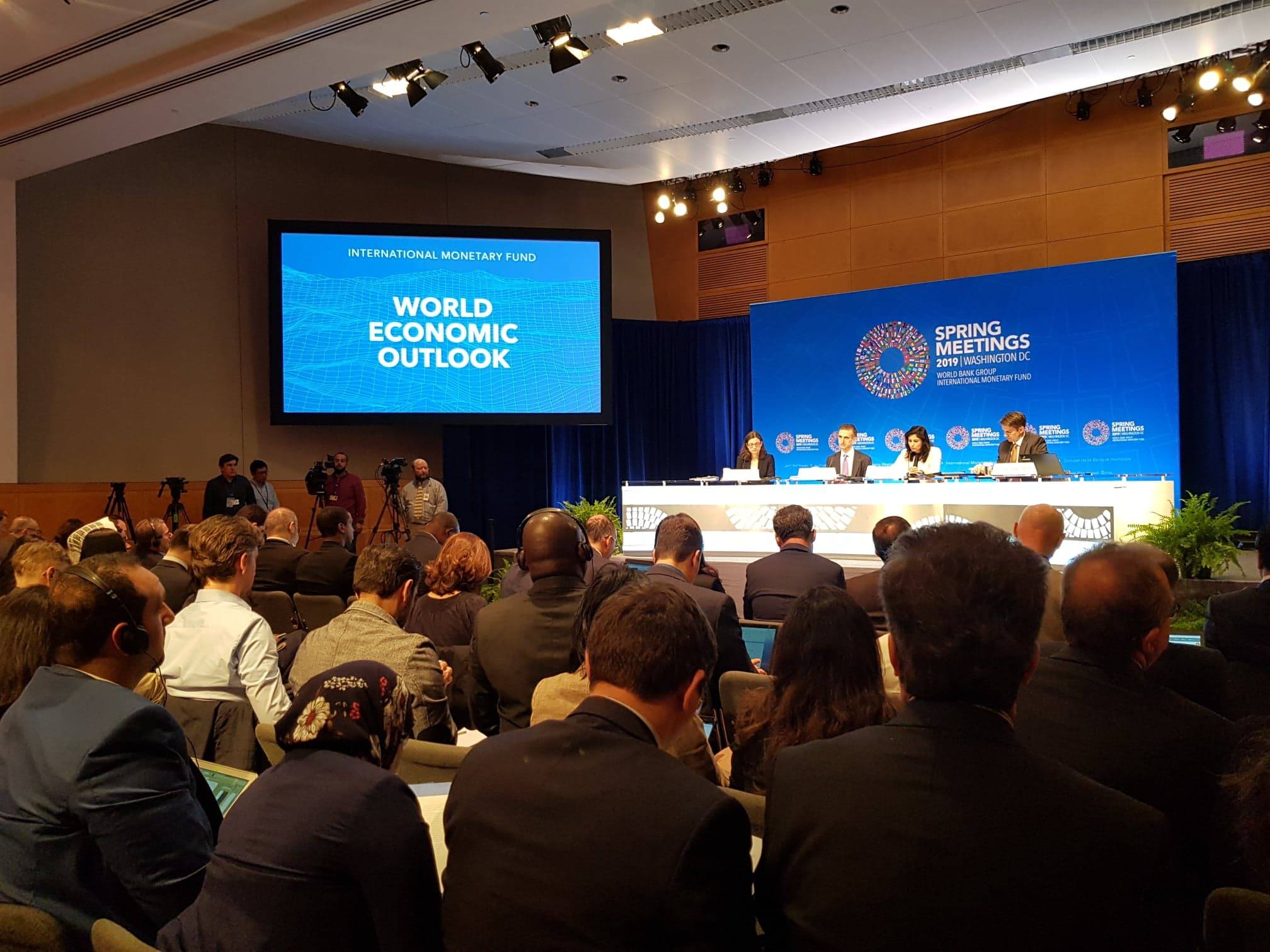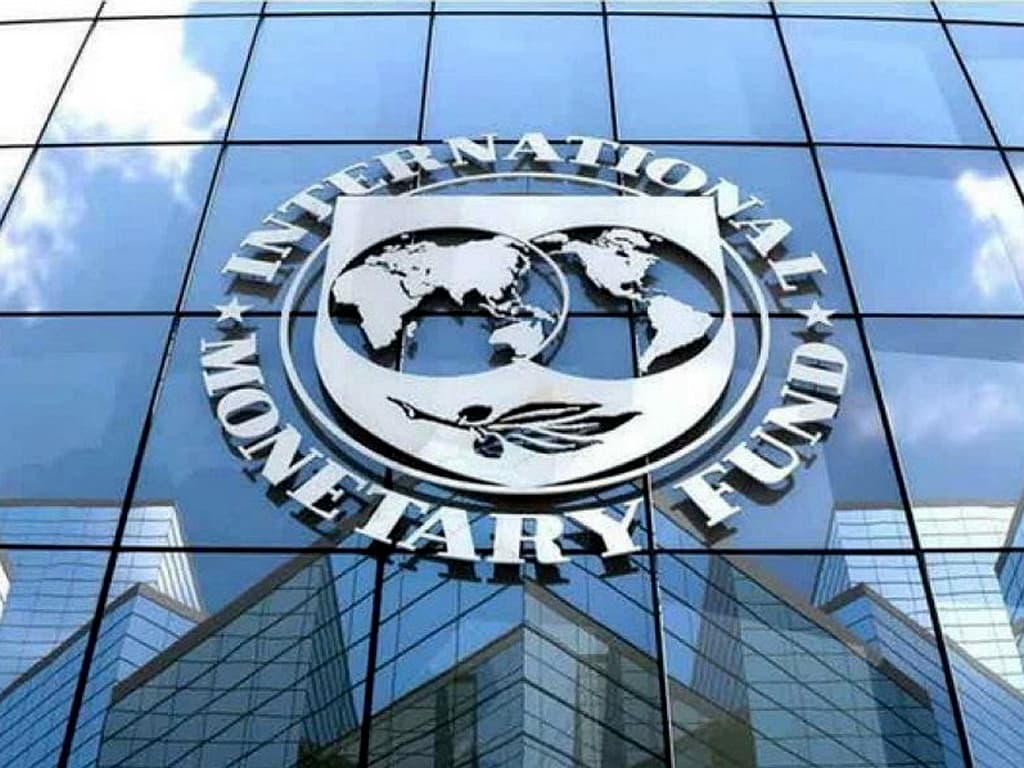
Fortune News | Apr 09,2019
Jul 29 , 2024

The International Monetary Fund (IMF) has approved a groundbreaking four-year arrangement, granting the country 2.55 billion in special drawing rights (SDR), roughly 3.4 billion dollars, under the Extended Credit Facility (ECF). This landmark decision is set to supercharge the second edition of Ethiopia’s Homegrown Economic Reform (HGER) agenda, responding to macroeconomic imbalances and paving the way for private-sector-driven growth.
Right off the bat, the IMF board of directors who met today in Washington DC approved about one billion dollars to address balance of payments gap and support its national budget. The economic reform program, fueled by the credit facility, is packed with policy measures designed to boost private sector engagement and enhance economic openness, promoting robust and inclusive growth.
A key focus of the reform is strengthening social safety nets to protect vulnerable households affected by the inflationary pressure due to the shift to a market-determined exchange rate. Modernising the monetary policy framework to combat inflation, and creating fiscal room for priority public spending by mobilising domestic revenues are part of the reform agenda of Prime Minister Abiy Ahmed’s (PhD) administration.
IMF’s Managing Director, Kristalina Georgieva, lauded the ECF approval as a clear demonstration of Ethiopia’s government commitment to the reforms. According to Georgieva, the initiative is expected to attract additional external financing from development partners, providing the foundations for successfully negotiating Ethiopia’s ongoing debt restructuring. She expressed optimism about Ethiopia's economic trajectory, pledging the IMF's commitment to supporting the country in its leaders’ aspiration towards a vibrant, stable, and inclusive economy.
Deputy Managing Director and Acting Chair, Antoinette Sayeh, acknowledged the economic headwinds Ethiopia faces, including soaring inflation, dwindling international reserves, and unsustainable debt levels. She stressed the importance of recent macroeconomic measures, such as adopting a market-determined exchange rate and overhauling the monetary policy framework, as crucial steps toward restoring stability.
Sayeh also stated the need for sound macroeconomic policies, including prudent fiscal management and the phasing out of monetary financing for government deficits to ensure these reforms succeed.

Fortune News | Apr 09,2019

Commentaries | Jan 12,2019

Fortune News | May 02,2020

Commentaries | Nov 04,2023

Radar | Jul 29,2023

Radar | Jul 03,2021

Sunday with Eden | Oct 16,2020

Radar | Aug 12,2023

Fortune News | Aug 08,2020

Radar | Jun 15,2025

My Opinion | 131507 Views | Aug 14,2021

My Opinion | 127863 Views | Aug 21,2021

My Opinion | 125841 Views | Sep 10,2021

My Opinion | 123471 Views | Aug 07,2021

Jun 28 , 2025
Meseret Damtie, the assertive auditor general, has never been shy about naming names...

Jun 21 , 2025
A well-worn adage says, “Budget is not destiny, but it is direction.” Examining t...

Jun 14 , 2025
Yet again, the Horn of Africa is bracing for trouble. A region already frayed by wars...

Jun 7 , 2025
Few promises shine brighter in Addis Abeba than the pledge of a roof for every family...